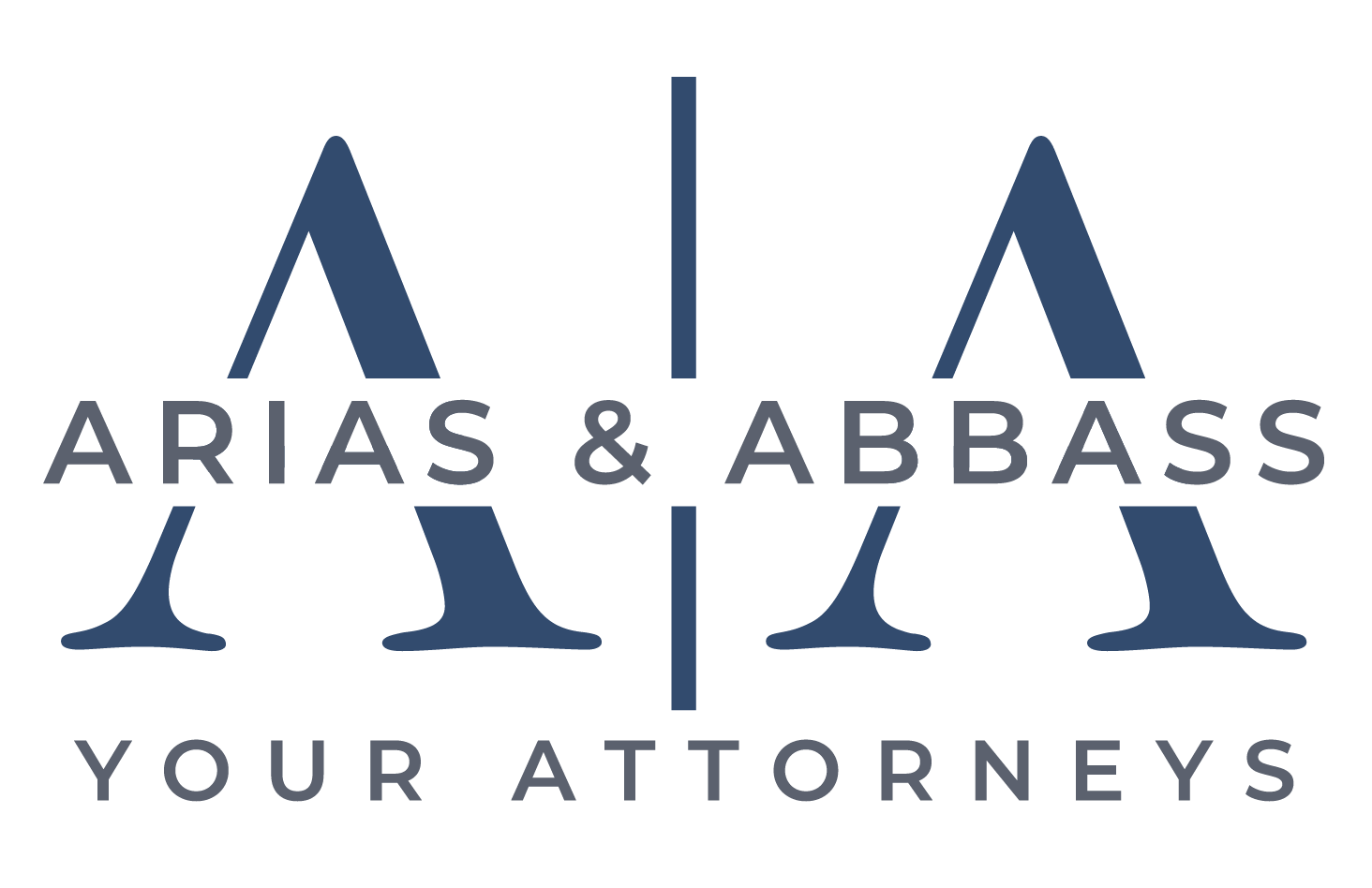In the aftermath of a car accident, it’s invaluable to preserve evidence. After all, even an ordinary dash cam or cell phone video can make all the difference in a personal injury lawsuit. As a result, the preservation of evidence is vital.
If you are a party or witness to an auto accident, you may have a legal obligation to preserve relevant evidence. Failing to do so can lead to legal consequences. Read on to learn about how Florida handles the preservation of evidence.
If you have any questions, contact an outstanding Florida personal injury law firm like Arias & Abbass online or by calling 786-933-6985. We can help you understand your obligations concerning the preservation of evidence.
Do I Have to Preserve Evidence After an Automobile Accident?
Sometimes. In Florida, the preservation of evidence procedure is not entirely clear. In fact, the Florida Rules of Evidence do not expressly state when you must preserve evidence. However, Florida case law states that there is a duty to preserve evidence when:
- You have a duty to preserve evidence because of a contract, agreement, statute, or some administrative regulation; or
- You reasonably foresee litigation.
An ordinary bystander to a car accident has no contractual agreement to preserve evidence. But how do you know when litigation is reasonably foreseeable? It can be challenging to know for sure. However, a good dose of common sense goes a long way.
For instance, it’s not very likely that the parties will sue one another if there is little to no damage to their vehicles. On the other hand, a significant accident is likely to lead to some kind of litigation.
Also, think about the evidence you have. Did you capture the entire car accident on high-quality video? Or is the relative evidence a grainy, low-quality audio recording?
If you have any doubt, you should err on the side of caution and consult an attorney.
Preservation of Evidence Letter
One situation in which you have a clear duty to preserve evidence is when you receive a preservation of evidence letter from someone involved in a lawsuit.
This letter should clearly state the sender’s identity, the subject of any ongoing litigation, and the relevant evidence you may have. The letter will then put you on notice that you are not to destroy the evidence until the end of the litigation or until you are notified otherwise.
If you receive a preservation of evidence letter, it’s essential you preserve any potential evidence you may have. If you destroy evidence after receiving a preservation of evidence letter, you may be sued for spoiling the evidence. This can lead to financial and administrative penalties, such as fines, penalties, and damages.
Arias & Abbass Can Give You the Guidance You Deserve
In Florida, the duty to preserve evidence is just one of many tricky concepts within the legal world. And many legal disputes draw ordinary people in and subject them to various rules.
Maneuvering through these rules can be daunting. They can also involve unethical third parties that attempt to trample your rights for their own gain. Thus, it’s invaluable to empower yourself by consulting a talented attorney.
If you are in a difficult legal situation, contact the gifted team at Arias & Abbass. Each of our attorneys has a deep passion for customer service and legal excellence. With them, you can obtain the legal assistance you need to defend your rights.
Set up a preliminary consultation by calling us at 786-933-6985 or visiting us online.


